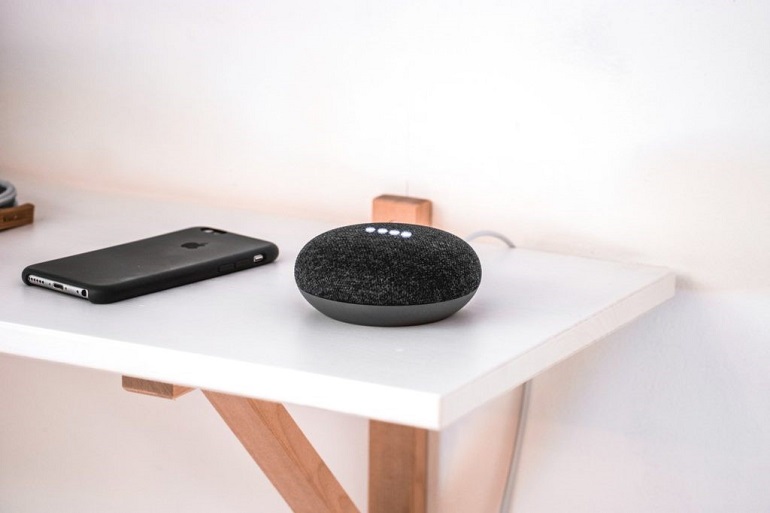REPORT: The New Era of Voice Commerce: Be in It to Win It
- Publisher : Venture Insights
- Publish Date : August 6, 2020

The rise of voice technology is transforming the way we consume information and make purchases, giving customers the option to engage in a hands-free and seamless shopping experience. Though voice-enabled capabilities are still in development and consumers face some barriers to adoption, the rapid rate of uptake of voice-assistive technologies and voice search functions indicates an undeniable shift. Over the past decade, Apple’s Siri, Google’s Assistant and Amazon’s Alexa have paved the way for the voice commerce market, introducing a new world of smart technology and conversational commerce.
Now, direct-to-consumer interaction is more important than ever, and a lack of acknowledgement will set businesses back. To determine the best way to prepare for this, it is important to study the fundamental differences between traditional digital commerce and voice commerce. We will look at the performance of early adopters to identify some key learning opportunities, particularly for media and telco players.
Contents
Introduction
The Rise of Voice Commerce
Business Implications
What Next
List of charts/tables
Figure 1. Smart Speaker Voice Commerce by Category, Australia, 2019
Figure 2. Adult Usage of Voice Assistants Each Month by Country (Any Device, 2020)
Figure 3. Comparative Adoption Rate of Smart Speakers (January 2019)
Figure 4. Use of Digital Voice Assistant on Smartphones (January 2019)
Figure 5. Smart Speaker Uses (January 2019)
Figure 6. Question Category Frequency on Smart Speakers (January 2019)
Figure 7. Voice Search Keywords to Maximise Discoverability
Figure 8. Introduction Date of Digital Voice Assistant Capabilities in Australia
Figure 9. Examples of Voice-Enabled Functions, Global
